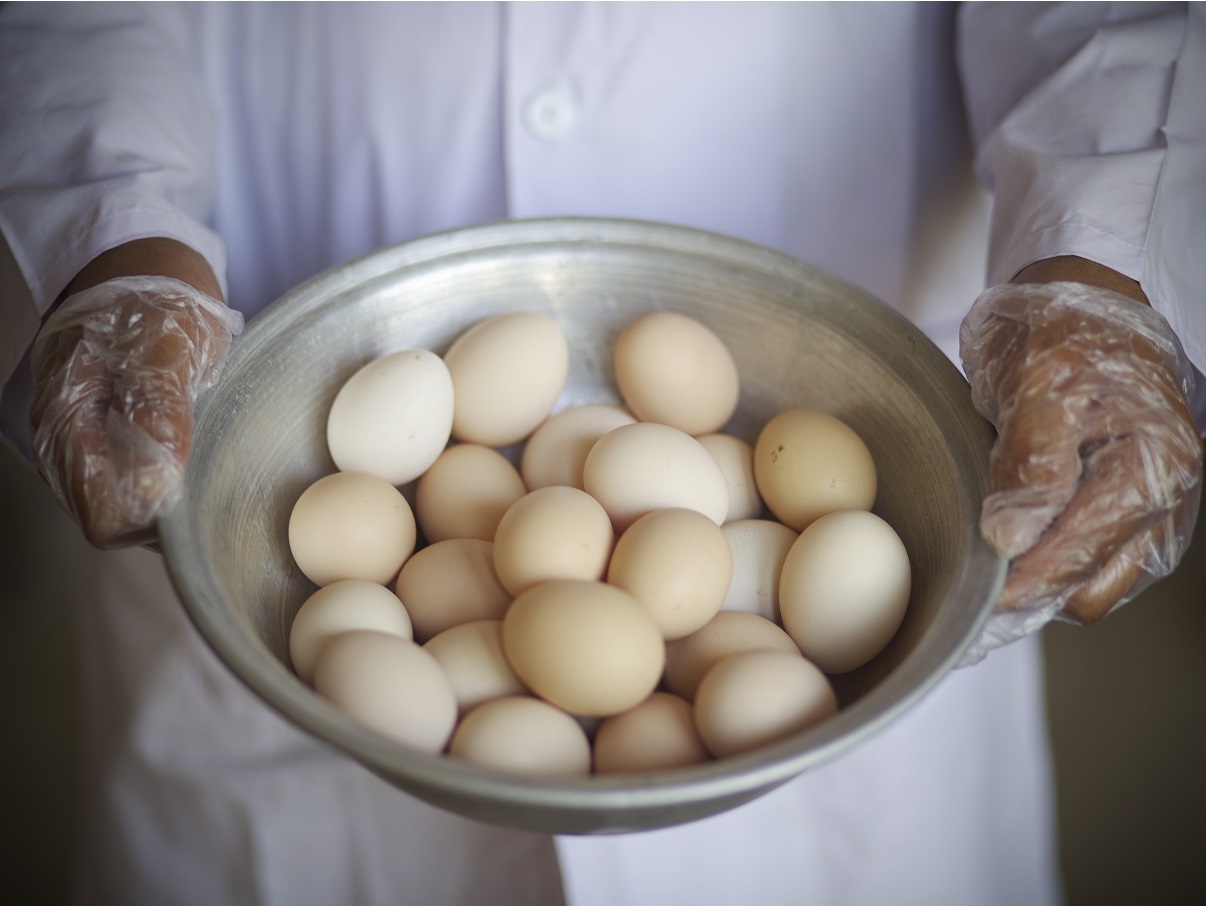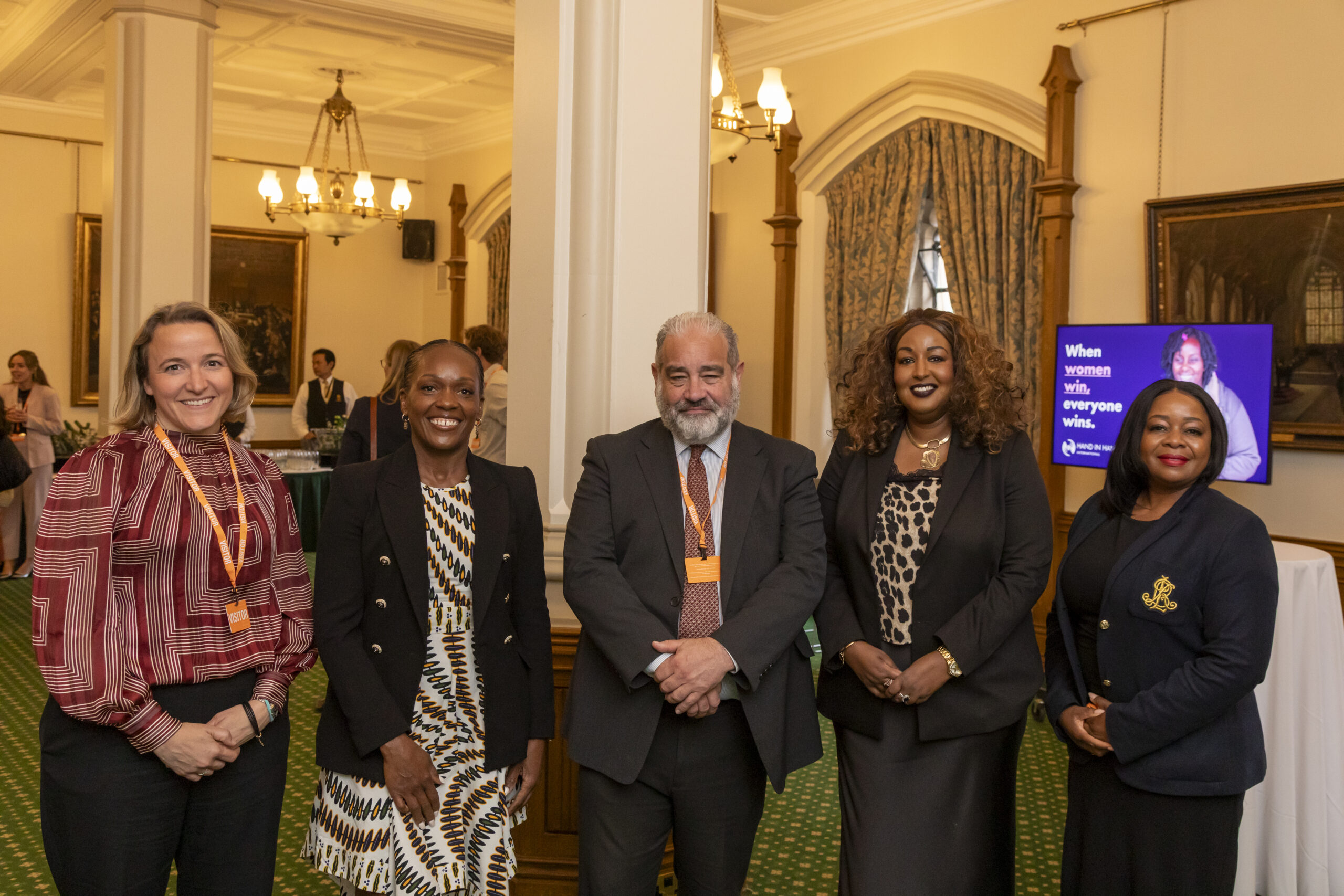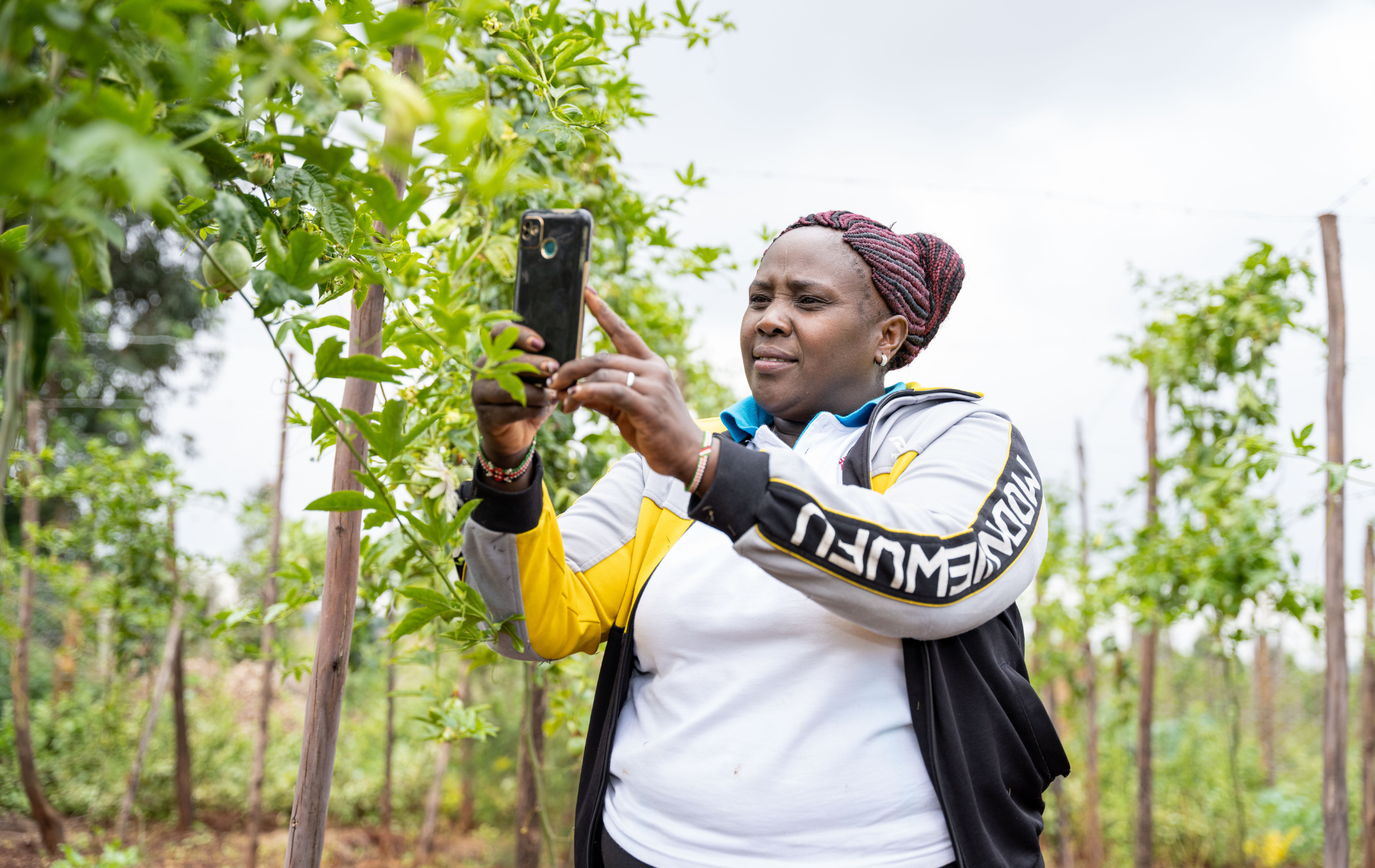Stories & blogs - Post

22
JanHand in Hand Afghanistan’s work with returnees and internally displaced persons (IDPs) is set to reach new heights this year, thanks to a major expansion funded by Deutsche Gesellschaft für Internationale Zusammenarbeit (GIZ), the German government’s development agency.
Launched in January under GIZ’s ‘Returning to New Opportunities’ programme, the project aims to help 1,500 returnees, IDPs and host community members work their way towards a prosperous future in the country’s growing poultry value chain by the end of 2018. It follows on the heels of a successful pilot project, also funded by GIZ, which trained 500 returnees and IDPs to do the same.
Once refugees, now returnees
Imagine if during the 2015-’16 migrant crisis some 50 million people, not 3 million, arrived on Europe’s shores, hungry and desperate for work. Now imagine if Europe was one of the poorest places on Earth, lacking even the most basic services required to keep up.
That, proportionately, is the problem facing Afghanistan, the world’s largest source of refugees for more than three decades, today facing the inverse problem: the world’s largest returnee crisis, with some 2.5 million people expected back in the country this year and next. Add another 1.8 million IDPs, many fleeing intensified fighting between the Taliban and Afghan army in Jawzjan and Kunduz provinces, and the true scale of the problem becomes clear.
Recognising that this growing cohort cannot be ignored if the Sustainable Development Goals are to be achieved in Afghanistan, Hand in Hand and GIZ teamed up last year.
The pilot
Implemented from September to December 2017, the Hand in Hand-GIZ pilot project proved Afghanistan’s poultry sector is ideally suited to returnees and IDPs. Skills are easily learned. Incomes, compared to other sectors, are high. Businesses can be run from entrepreneurs’ own households, whatever the season. And nutrition and food security improve. Furthermore, by training returnees and IDPs in the same groups as local populations, strangers become friends and communities cohere. By the time the pilot was done, 500 new members had started poultry farms, establishing three associations to help take their eggs to market.
Lessons learned
The pilot also highlighted several areas for improvement. Most notable, perhaps, was a preference among members for natural breeding – that is, incubating fertile eggs under brooding hens – over solar powered incubation machines. True, this method is more time consuming, they told us. But it also eliminates their reliance on technicians, thus making them more self-sufficient, and functions whether in rain or shine.
We’re also changing the way eggs are stored. At the pilot’s outset, it was suggested that communal spaces be renovated to accommodate solar powered chillers to keep eggs cool before they reached market. But negotiating with local authorities who owned the spaces proved slow-going and costly, forcing a change in tack. Consequently, chillers will now be stored in new ‘conex-prepared homes’ – picture shipping containers – instead.




